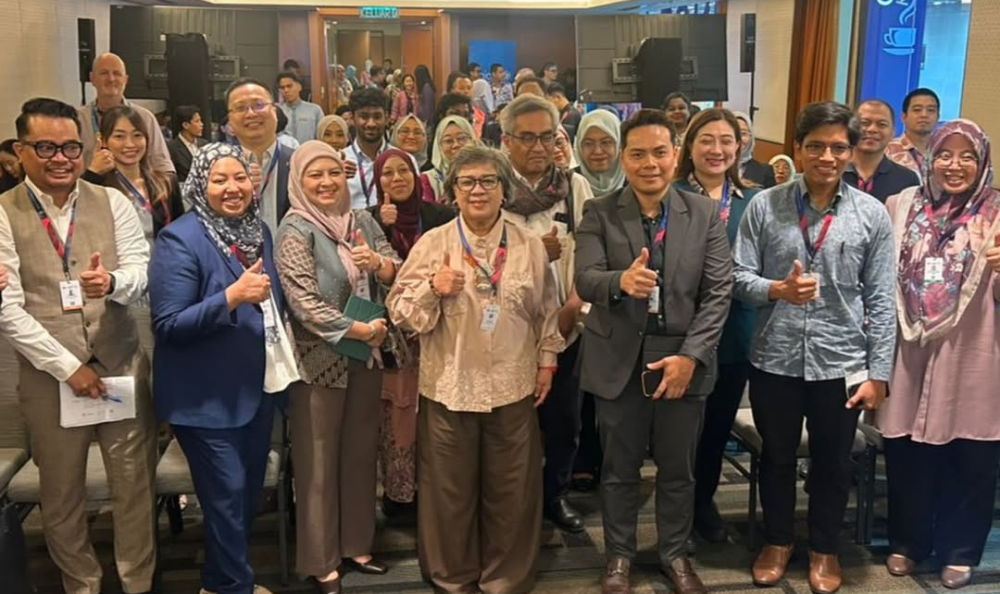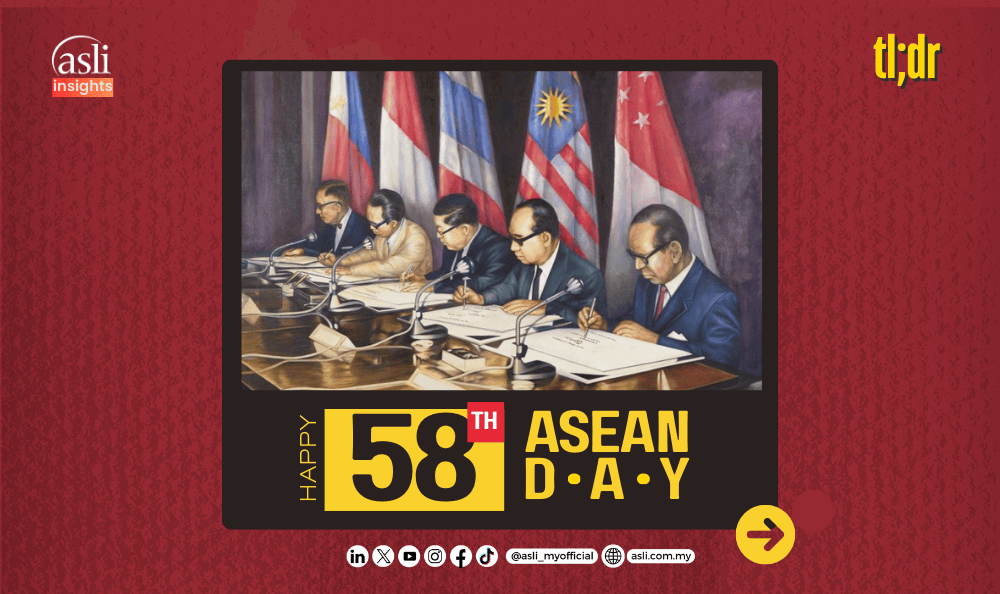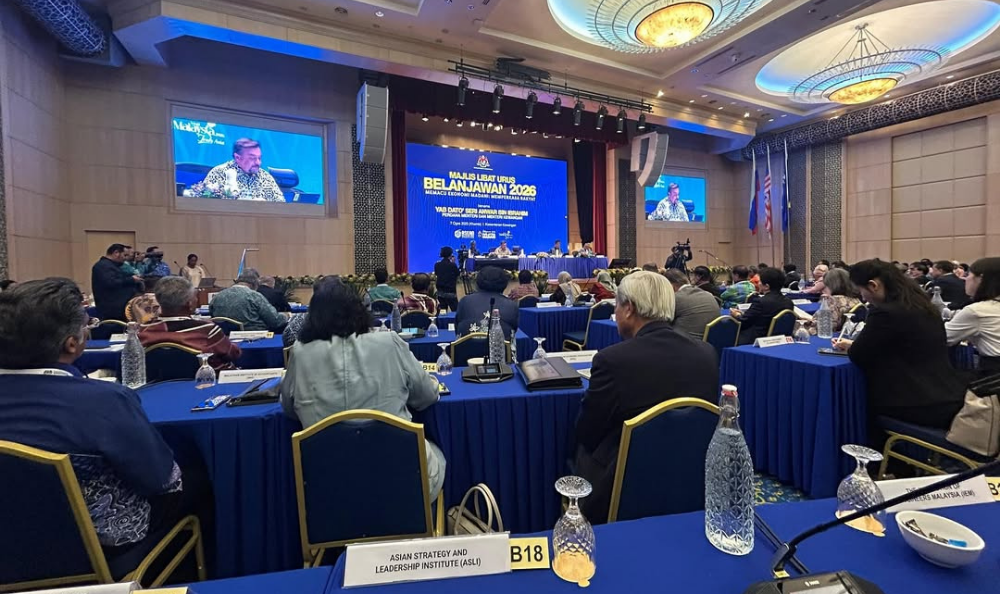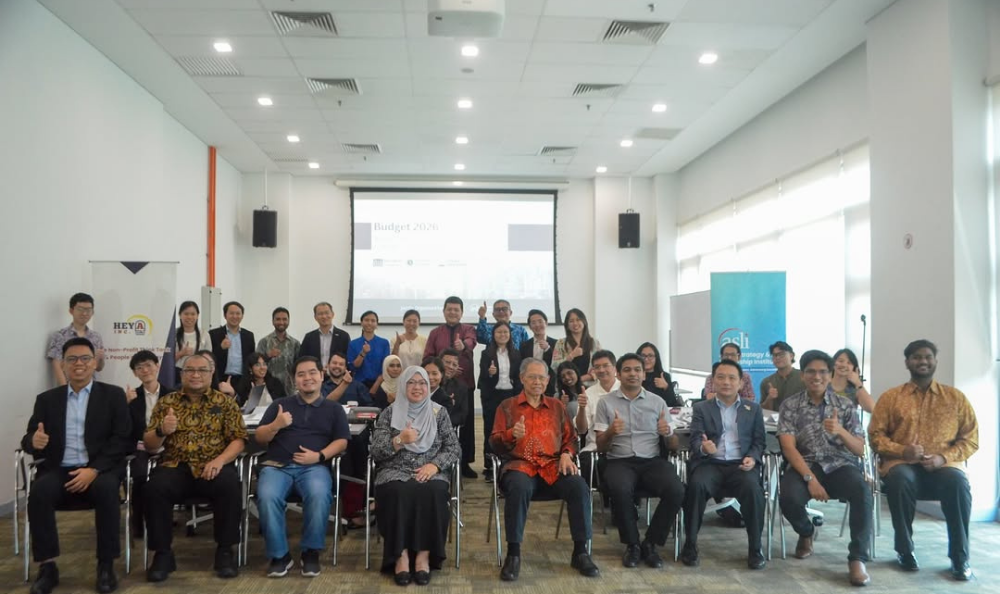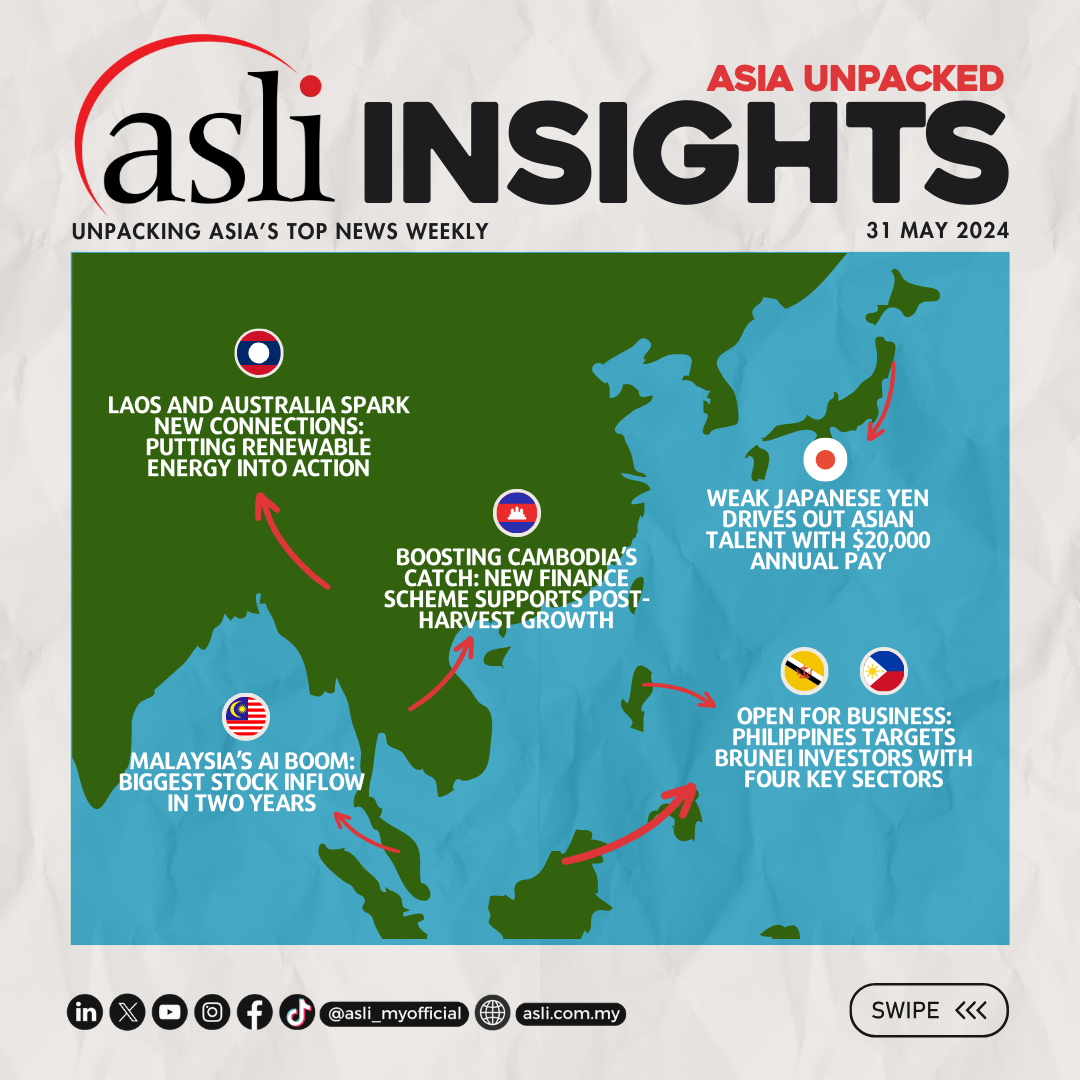
ASLI INSIGHTS: Asia Unpacked | 31 May 2024
ASLI is back with more ASLI INSIGHTS: Asia Unpacked!
Stay tuned for more top news in Asia handpicked by ASLI and for our curated weekly roundup!
This week’s Asia top news:
1.Weak Japanese Yen Drives Asian Talent With $20,000 Annual Pay
The rapid depreciation of the yen, now around 157 yen to the dollar, has exacerbated issues for Japan, such as costly imports, depressed wages in dollar terms, and difficulties in attracting foreign talent. Japanese wages, already low compared to other developed countries, are even less appealing now, making it harder to recruit skilled foreign workers and interns. Consequently, more young Japanese are seeking better pay overseas, with countries like Canada and Australia becoming popular destinations due to higher wages. Meanwhile, studying abroad remains a challenge for Japanese students due to rising costs and unfavorable exchange rates, further contributing to the decline in the number of students pursuing education abroad.
2. Malaysia’s AI Boom: Biggest Stock Inflow in Two Years
Malaysian equities are outperforming the region, driven by foreign investments and positive market factors. In May, overseas investors bought $502.9 million of local shares, the largest monthly inflow since March 2022. Malaysia's emerging AI sector, political stability, and position in the global chip supply chain are attracting global funds. The FTSE Bursa Malaysia KLCI Index has risen over 10% this year, with analysts projecting another 7% increase. Tech giants like Google, Microsoft, and Nvidia are investing billions, enhancing Malaysia's AI infrastructure. The country's AI adoption could add $115 billion to Southeast Asia's economy by 2030, bolstering local stocks further.
Read more:
- https://www.freemalaysiatoday.com/category/business/2024/05/30/ai-buzz-drives-biggest-flows-into-malaysian-stocks-in-two-years/
- https://www.bloomberg.com/news/articles/2024-05-29/ai-buzz-political-calm-woo-foreigners-back-to-malaysian-stocks
3. Laos and Australia Spark New Connections: Putting Renewable Energy into Action
The Laos-Australia Renewable Energy Day showcased opportunities in renewable energy, emphasising investment and inclusion of women and marginalized groups. Organised by the Australian Embassy to Laos and EnergyLab, experts and businesses discussed projects like wind, solar, and green hydrogen. Deputy Australian Ambassador Dan Heldon stressed the need for cooperation to maximise renewable energy's potential. The event also awarded three Lao organizations for their contributions, including Loca for electric vehicles and SNV for clean cookstoves, aiming to unify efforts towards Laos's economic, social, and environmental goals.
Read more: https://www.vientianetimes.org.la/freefreenews/freecontent_99_LaosAus_y24.php
4. Boosting Cambodia’s Catch: New Finance Scheme Supports Post-Harvest Growth
Cambodia's Fisheries Administration (FiA) launched an Investment Support Facility (ISF) scheme to boost the post-harvest fisheries sector. This blended financing initiative, in cooperation with UNIDO, the Credit Guarantee Corporation of Cambodia (CGCC), and co-funded by the EU, aims to tackle challenges in fish-processing technologies, value addition, and food safety. Targeting over 100 enterprises, the scheme combines co-financing, guaranteed business loans, and grant support. Cambodian Agriculture Minister Dith Tina expressed optimism that the ISF will enhance product standards and quality, benefiting fishermen and processing enterprises economically.
Read more:
- https://english.news.cn/20240529/69bc3aba716a48f5a5b7ba7f1d192de6/c.html
- https://www.thestar.com.my/aseanplus/aseanplus-news/2024/05/30/cambodia-offers-finance-scheme-to-help-fishery-growth-after-harvest
5. Open for Business: Philippines Targets Brunei Investors with Four Key Sectors
The Philippines is targeting investment opportunities in Brunei in four key sectors: agribusiness and food processing, renewable energy, Islamic finance, and the halal industry, according to Trade Secretary Alfredo E Pascual. Speaking at the Philippine Business Forum, Pascual emphasized the strong economic ties between the two countries, noting that bilateral trade reached USD 316 million in 2022, marking a 28% annual growth over the past five years. In 2023, Brunei was the Philippines' 38th trading partner and 43rd source of foreign direct investment, with investments totaling USD 128,699. Highlighting successful collaborations, Jollibee's expansion in Brunei was showcased, with 20 stores and over 400 local employees. Additionally, an MoU on joint ventures in agriculture and MSME development was signed, aiming to boost economic growth and development in both nations. Key sectors for collaboration include aquaculture, agriculture, poultry, food processing, tourism, logistics, and maritime projects.
Read more:
